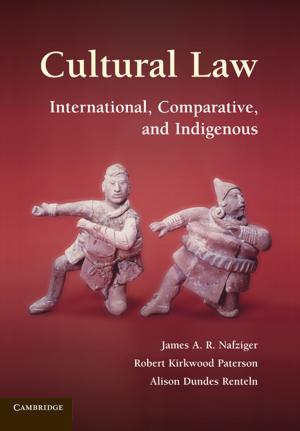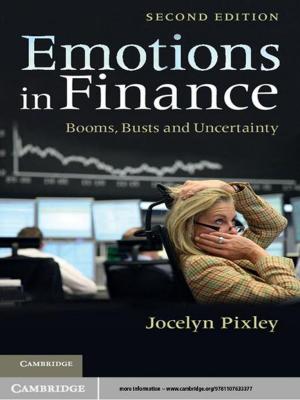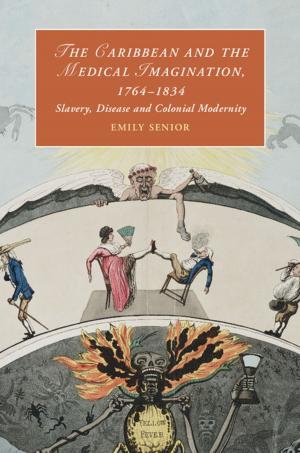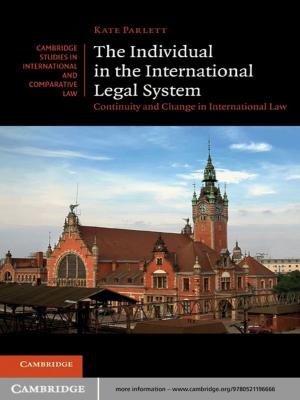Who Elected Oxfam?
A Democratic Defense of Self-Appointed Representatives
Nonfiction, Social & Cultural Studies, Political Science, Politics, History & Theory, Social Science| Author: | Laura Montanaro | ISBN: | 9781108317900 |
| Publisher: | Cambridge University Press | Publication: | December 7, 2017 |
| Imprint: | Cambridge University Press | Language: | English |
| Author: | Laura Montanaro |
| ISBN: | 9781108317900 |
| Publisher: | Cambridge University Press |
| Publication: | December 7, 2017 |
| Imprint: | Cambridge University Press |
| Language: | English |
Non-elected actors, such as non-governmental organizations and celebrity activists, present themselves as representatives of others to audiences of decision-makers, such as state leaders, the European Union, the United Nations, and the World Trade Organization. These actors are increasingly included in the deliberation and decision-making processes of such institutions. To take one well-known example, the non-governmental organization, Oxfam, presses decision-makers and governments for fair trade rules on behalf of the world's poor. What entitles such 'self-appointed representatives' to speak and act for the poor? As The Economist asked, 'Who elected Oxfam?'. Montanaro claims that such actors can, and should, be conceptualized as representatives, and that they can - though do not always - represent others in a manner that we can recognize as democratic. However, in order to do so, we must stretch our imaginations beyond the standard normative framework of elections.
Non-elected actors, such as non-governmental organizations and celebrity activists, present themselves as representatives of others to audiences of decision-makers, such as state leaders, the European Union, the United Nations, and the World Trade Organization. These actors are increasingly included in the deliberation and decision-making processes of such institutions. To take one well-known example, the non-governmental organization, Oxfam, presses decision-makers and governments for fair trade rules on behalf of the world's poor. What entitles such 'self-appointed representatives' to speak and act for the poor? As The Economist asked, 'Who elected Oxfam?'. Montanaro claims that such actors can, and should, be conceptualized as representatives, and that they can - though do not always - represent others in a manner that we can recognize as democratic. However, in order to do so, we must stretch our imaginations beyond the standard normative framework of elections.















